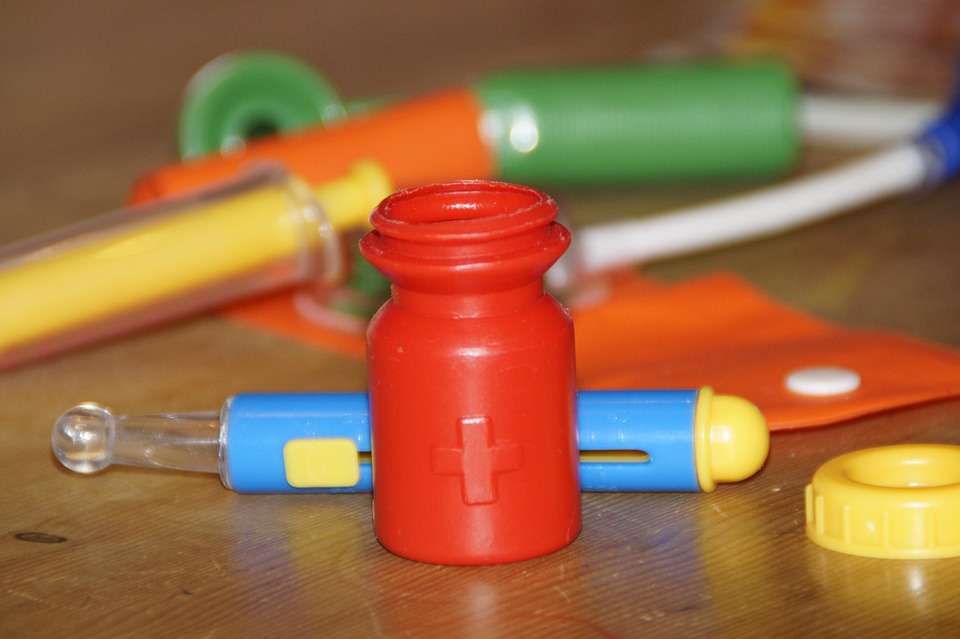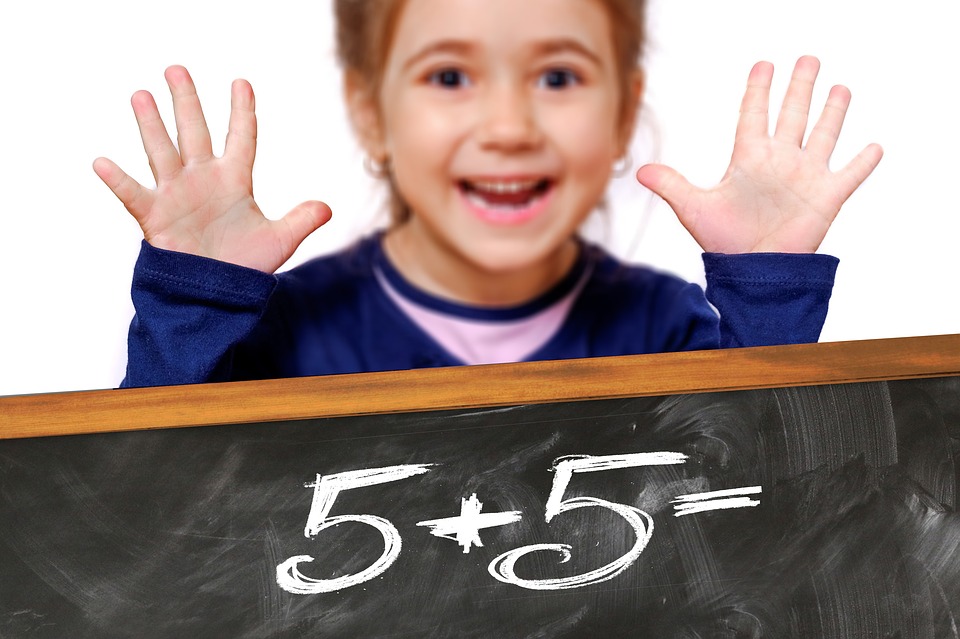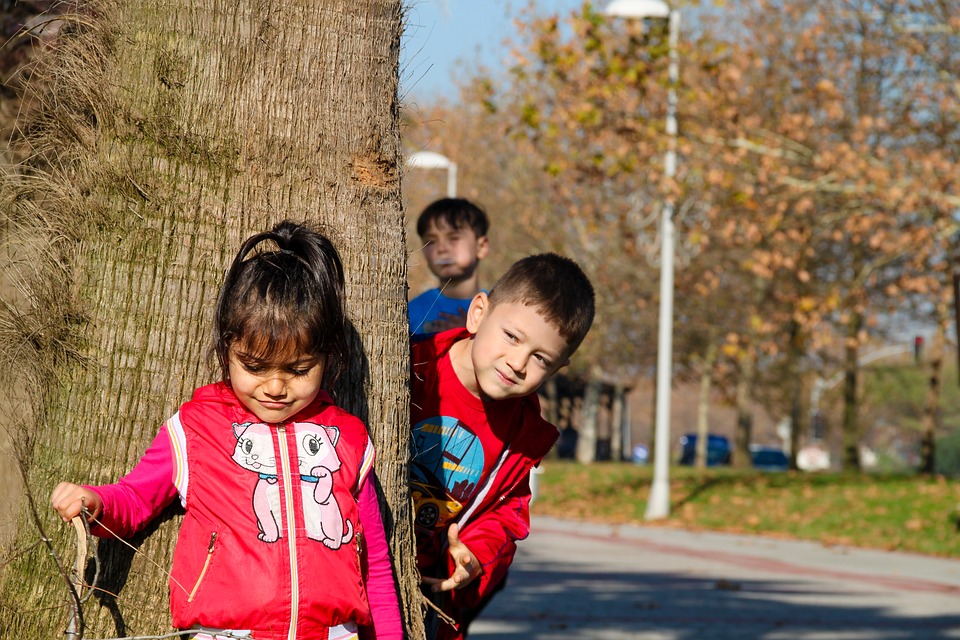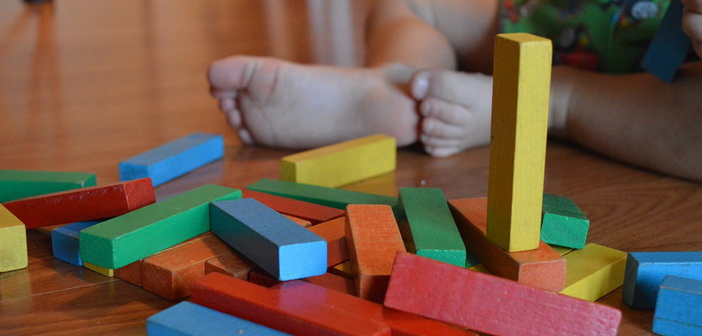The stage from birth to age 6 is a very critical period for a child’s brain development. Children at this age learn mostly through play, and there are a variety of simple games and activities which could help stimulate your child’s mind while also keeping them busy and happy.
Here is a list of brain-developing games for you to play with your kid. They are either easy to do at home with little or no equipment, or budget-friendly to purchase.

Building blocks (best suited for ages 2-4)
Block-building is probably the most basic, and also the most popular game for toddlers. There are so many benefits to explain its enduring popularity: learning about different colors, shapes, and sizes, developing motor skills, and the nurturing of creativity and imagination.

Role Play (best suited for aged 2-6)
Role-playing games (such as doctors and nurses) are also very popular among kids. It’s a fun way to awaken a child’s interest in different fields, as well as build their social skills and introduce useful life facts. It also helps parents to bond with their children, by being a part of their role-playing.

Math game (best suited for aged 3-6)
You can make flashcards with different numbers, and others with pictures of some objects you’ve set out near the toddler. Ask them to find the correct number of objects matching the flashcards you hold up. It’s a fun way to help your toddler to count, and you can play it indoors or outside.

Storytelling (best suited for aged 4-6)
We don’t mean reading a book to your kid (which can start from birth). For this game, come up with a quirky story theme, and then each participant takes turns to tell the story, one sentence at a time. The crazier the story gets, the better! This can be great fun for the whole family because you have no idea how the story is going to end. It helps kids develop language skills, enlarge their vocabulary, and strengthen their confidence in expressing themselves.

Hide and Seek (best suited for ages 4-6)
No further explanation is needed for this game. It’s a lot of fun for both kids and adults, and gives you some physical exercise, while also developing a child’s observation and problem-solving skills.

Surprise pocket (best suited for ages 2-6)
Put various items in a cloth bag, let the child pick randomly with their eyes closed, and guess what the object they picked is. It’s a great way to help your child get to know different materials and learn their names.
Photos: Pixabay; Pexels

